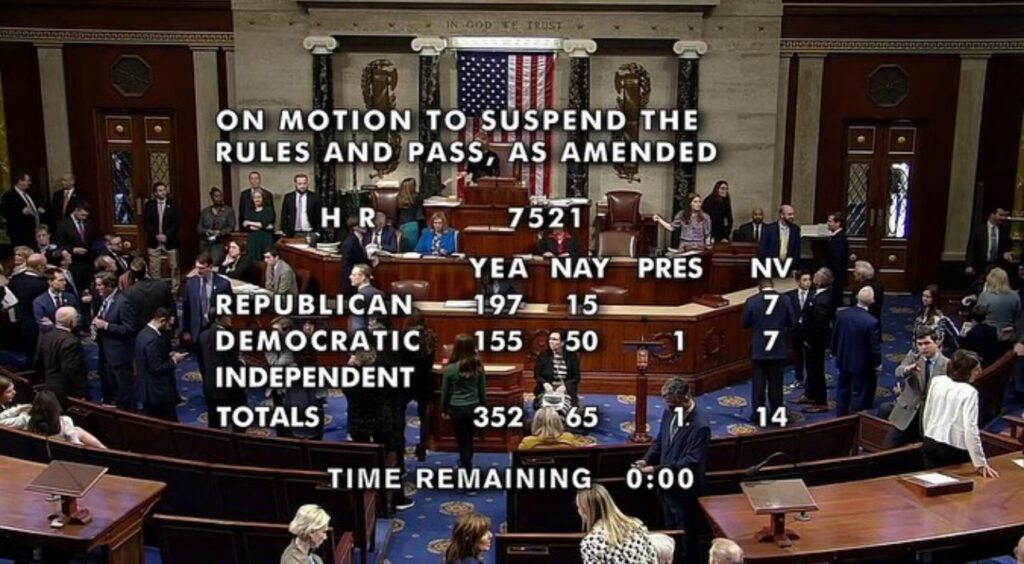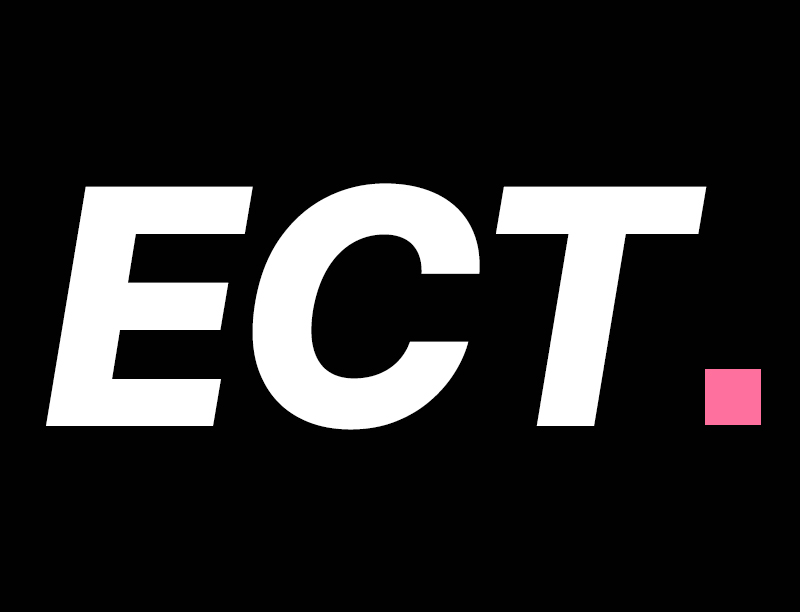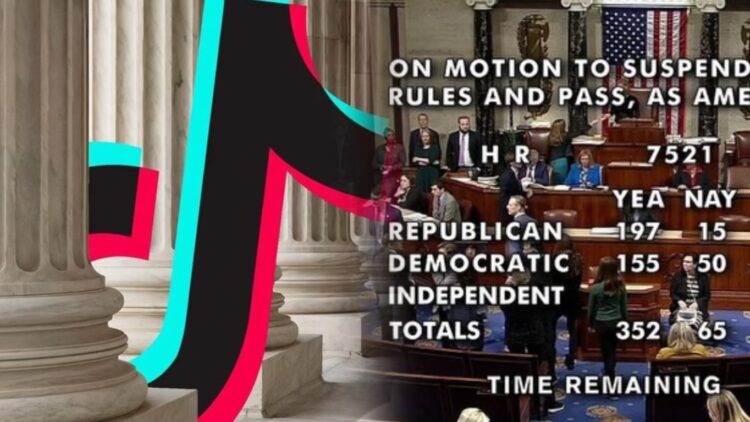According to CNBC the House approved a bill Wednesday that calls for China tech giant ByteDance to divest TikTok or the popular social video app will effectively be banned in the U.S.
The measure passed with a resounding 352-65 vote and with one member voting present.
The legislation, dubbed the Protecting Americans from Foreign Adversary Controlled Applications Act, was introduced March 5 by Reps. Mike Gallagher, R-Wis., and Raja Krishnamoorthi, D-Ill., of the House Select Committee on the Chinese Communist Party. Two days later, House members on the Energy and Commerce Committee voted unanimously to approve the bill, which refers to TikTok as a threat to national security because it is controlled by a foreign adversary.

The bill now heads to the Senate where it faces an uncertain future as senators appear divided about the legislation, and other federal and state-led efforts to ban TikTok have stalled.
“This process was secret and the bill was jammed through for one reason: it’s a ban,” a TikTok spokesperson said after the vote was passed. “We are hopeful that the Senate will consider the facts, listen to their constituents, and realize the impact on the economy, 7 million small businesses, and the 170 million Americans who use our service.”
President Joe Biden, who created an official TikTok account in February as part of his election campaign, has previously said that he would sign the bill if it is passed, and White House press secretary Karine Jean-Pierre acknowledged that the White House is providing “technical support” in the crafting of the legislation.
Jean-Pierre said in a media briefing March 6 that once “it’s on legal standing and it’s in a place where it can get out of Congress, then the President would sign it.”
Although House members who drafted the bill have previously said that it “does not ban TikTok,” the legislation in its current form requires ByteDance to divest TikTok within roughly six months in order for the app “to remain available in the United States.”
If the bill is enacted, app store owners such as Apple and Google along with internet-hosting companies would be prohibited from supporting TikTok and other apps that are linked to ByteDance.
Lawmakers from both parties have claimed that TikTok poses a national security risk because of the app’s alleged ties to the Chinese Communist Party, which TikTok CEO Shou Zi Chew has denied during Senate hearings.
On the other hand, tech policy and civil liberties organizations such as the American Civil Liberties Union and the Knight Institute have opposed the bill over concerns that it would violate First Amendment rights.








